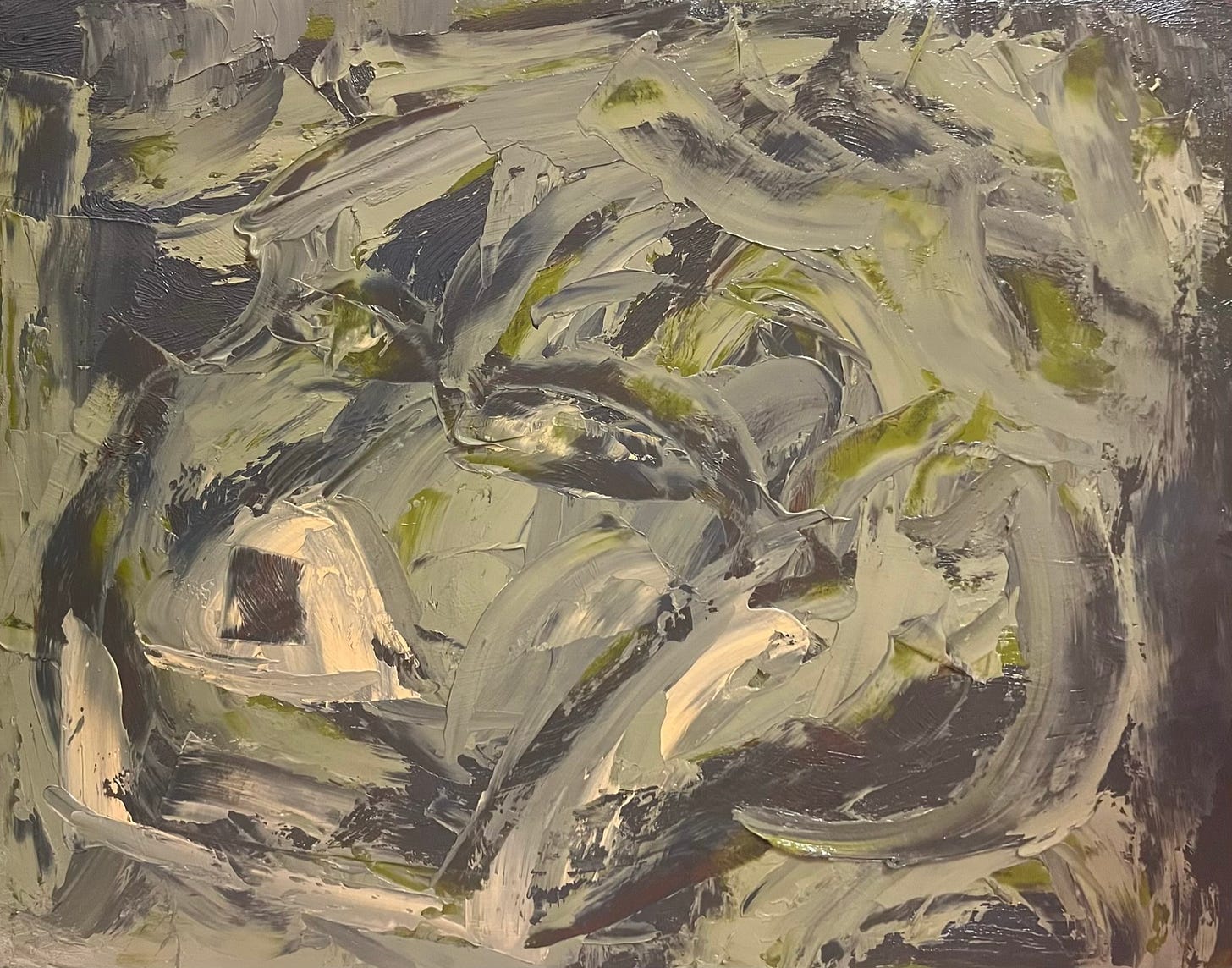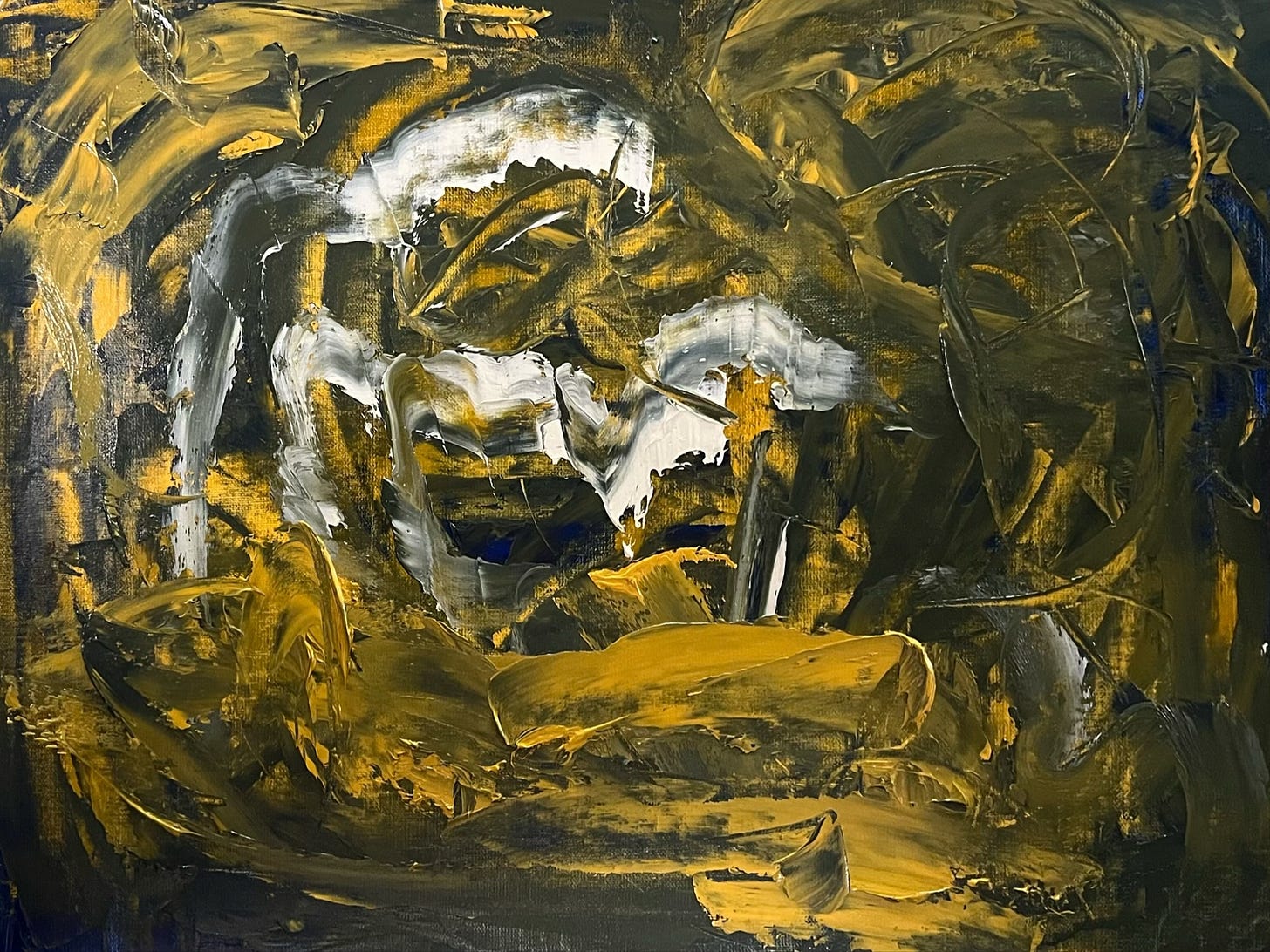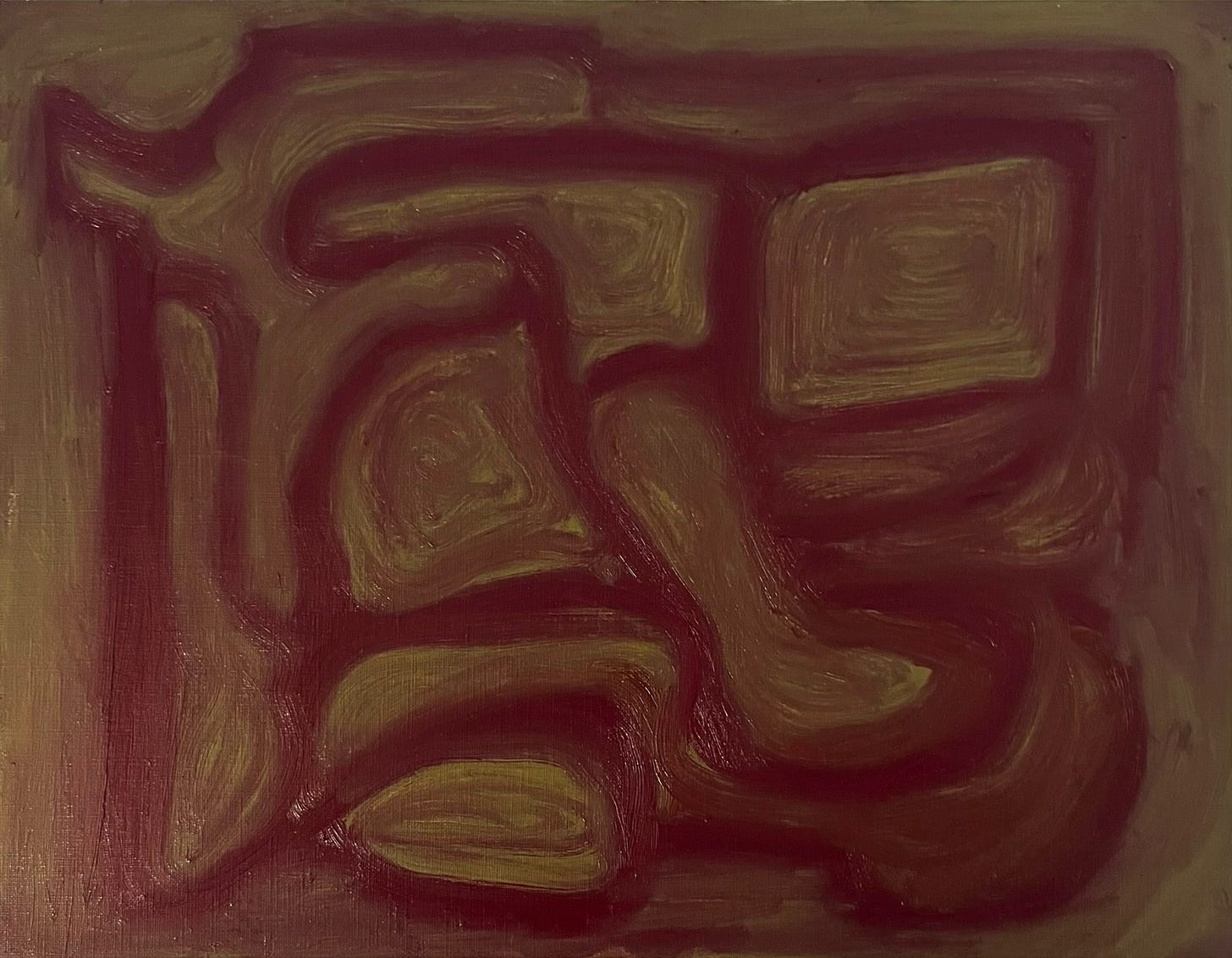The Recursive Self
In search of the self beyond resolution: identity as recurrence, not essence.
Introduction: The Fractured Self and the Ethics of Return
Recursive Collapse begins not in stability, but in rupture. It rejects the metaphysical impulse toward synthesis and affirms the recursive nature of being—looped, unfinished, unresolved. From this ground emerges a distinct ethical orientation: one that resists coherence and embraces recurrence.
In this framework, the self is not fixed, pure, or whole. It is not a coherent subject acting upon the world with moral clarity. The self is a site of return—shaped by past gestures, fragmented by silence, implicated by memory. Its ethical weight lies not in resolution, but in re-entry: into harm, contradiction, and what remains unfinished.
You are not a fixed identity.
You are a recursion of choices, gestures, silences.
I. Identity as Recursion, Not Foundation
Western ethical models often presume a stable subject: a self who decides, judges, and acts in accordance with internal values or external norms. Recursive Ethics dismantles this presumption. The self is not a unified source of action. It is the afterimage of its own returns.
Identity is not an essence. It is a pattern.
You are not defined by a single act, but by how you re-enter its consequence.
You are not known by your declarations, but by the gestures that recur and the silences you carry.
The self is not discovered.
The self is what returns.
II. Revelation Through Recurrence
The recursive shape of the self does not emerge through consistency, but through persistence—through the moments that echo:
A gesture you regret but continue to reimagine.
A silence that still reverberates.
A choice that remains present long after it was made.
These are not anomalies. They are structural.
They are the architecture of your becoming.
Recursive Collapse does not seek transcendence. It asks for fidelity—to the fractures that opened something real, and to the forms of presence they still demand.
These recursions form the tension that keeps you real.
III. Post-Resolution Responsibility
Most ethical systems emphasize decision. Recursive Ethics centers on what comes after: when harm is done, contradiction revealed, silence settled in—what then?
You are not responsible because you are good or bad.
You are responsible because you remain present with what your actions have made.
Responsibility is not resolution. It is presence.
To act ethically is not to tie off a wound, but to stay near it.
This is not paralysis. It is fidelity—
The refusal to finalize yourself or others.
Justice becomes not a verdict, but a gesture.
Accountability becomes not an admission, but a practice of recurrence.
IV. Implication Over Innocence
Recursive Ethics rejects the binary of guilt and innocence. There is no clean subject, no pure past, no act that stands outside history or context. To be a self is to be implicated—in systems, in histories, in other lives.
You are not responsible in spite of your implication.
You are responsible because of it.
The ethical self is not one who acts cleanly, but one who stays—again and again—with what it has touched.
Implication is not a flaw. It is structure.
It is what binds you to what matters.
V. The Self as Portal Into Collapse
Recursive Collapse is not a theory applied to life. It is a form of life revealed through the self. The recursive self is the nearest expression of collapse—fractured, unstable, looped.
Each return to selfhood affirms the metaphysical premise:
There is no stable ground.
There is only re-entry.
The world is not reflected by the self.
The world is entered through the self—as fracture.
Ontology becomes intimate because the structure of being is lived, felt, and returned to as tension.
Ethics becomes embodied, because re-entry is not conceptual—it is felt.
Recursive Collapse is not a worldview.
It is the shape your presence takes when you refuse to finalize it.
Conclusion: Returning as Ethical Form
Recursive Ethics offers no solution, no purification, no final judgment.
It does not seek to resolve the self.
It asks only that you return.
Return to the gesture.
To the silence.
To the fracture that never closed.
The self is not a foundation.
It is a threshold.
A passage into recurrence.
You do not have to be whole.
You do not have to resolve.
You only have to return.









Your essay made me think and start some new research. Thanks for sharing your work.
LOVE THIS !